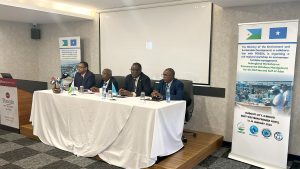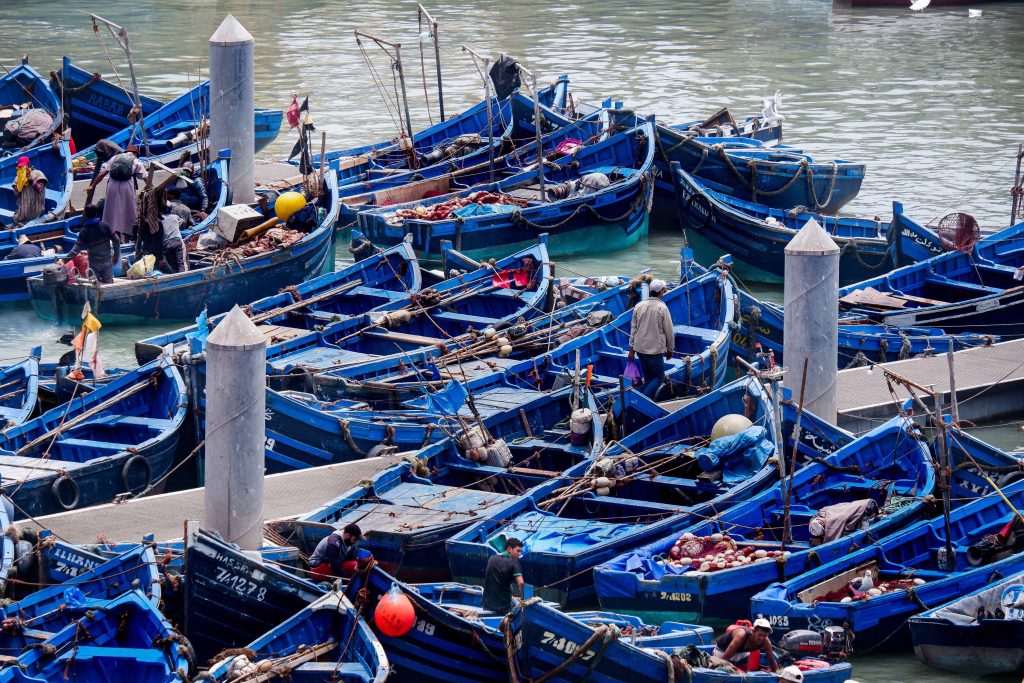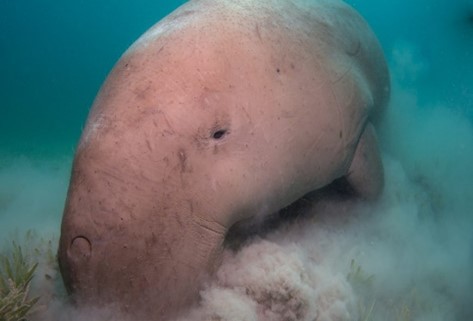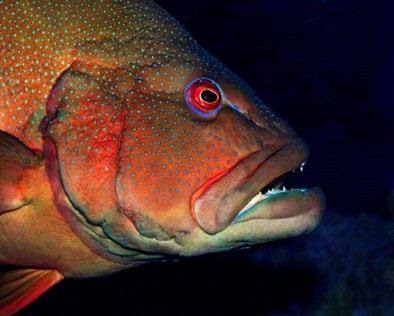Program overview & vision

Living Marine Resources, Fisheries and Aquaculture in the Red Sea and Gulf of Aden have played an important economic and social role since a long history of traditional use by local communities. With the significant growth of the fishery sector, coupled with the rapid development of coastal and marine activities today, the living marine resources in the region are facing various threats, ranging from overfishing to degradation of habitats and pollution risks from marine and land-based sources. Climate Change impacts also poses undue risks to the fishery resource and marine environment. Proper management of living marine resources is essential to sustain the livelihoods of people dependent on the resources and maintain the integrity of marine ecosystems and biodiversity, in addition to the significant role of the fishery sector in food security, reducing poverty and building resilience of fishing communities. Therefore, sustainable management of living marine resources interconnects with several development agenda and predictable to play a key role in achieving Sustainable Development Goals (SDGs) in the region.
Since it has been established through the SAP project in 2001, the PERSGA LMR program has been active in executing multilinked interventions that cover a wide level, ranging from local, to national and regional activities and initiatives in the Red Sea and Gulf of Aden region. The program mainly undertakes and facilitates LMR assessments and studies, promotion of fishery legislation and policies, action planning and management, capacity building and training, regional coordination and on-the-ground projects, which aim at achieving sustainable management of marine fisheries and aquaculture in the region. Currently, the program especially focuses on supporting implementation of Ecosystem Approach, pursuing Ecosystem Approach to Fisheries and Ecosystem Approach to Aquaculture, in harmony with global guidelines and efforts, particularly emphasized by international organizations and relevant SDGs in this regard.
Strategic Objectives and Activities

Based on its vision and approach, PERSGA LMR, Fisheries and Aquaculture program supports regional capacity development and collaboration to achieve the following two main strategic objectives:
- Sustainability of the living marine resources and integrity of their habitats and biological diversity, securing ecosystem wellbeing, as well as economic wellbeing of people, both for the present and future generations in the region;
- Ensure conservation management, adopting responsible fisheries and aquaculture activities, taking into account all their relevant biological, technological, socioeconomic and environmental aspects.
To achieve these strategic objectives, and considering priorities for the region the LMR Program implements several interventions and activities to develop regional guidelines and support regional capacities addressing the following:
- Development of LMR strategies, policies and management plans, based on the best scientific information and knowledge available, and consultation with stakeholders;
- Proper protection, conservation and management measures of biodiversity and critical habitats for living marine resources with particular emphasis on threatened species, marine protected areas and fish refugia;
- Control overfishing, and Illegal, Unregulated and Unreported fishing;
- Effective monitoring, control and surveillance measures in fisheries management;
- Comprehensive Environmental and Social Safeguards (ESS) policies and effective ESS systems for aquaculture and fisheries activities, infrastructure projects and operations.
- Control all kinds of pollution from fisheries and aquaculture activities
- Adoption of ecosystem approach to management of fisheries and aquaculture
- Raising LMR profiles and contributions to relevant SDGs, such as SDG1 (poverty reduction), SDG2 (food security), SDG3 (health and wellbeing), SDG8 (decent work and economic growth), SDG12 (sustainable consumption and production), SDG13 (climate change), and SDG14 (Life under water).
Gallery
Latest News
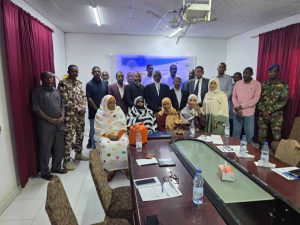
National Training Workshop on “Collection and Management of Fisheries Statistics …
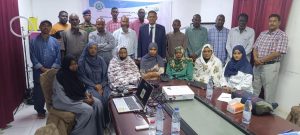
PERSGA Concludes National RIMS Training Workshop in Sudan
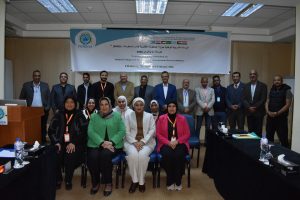
PERSGA Successfully Conducts National Training Workshop on Regional Information Management …
